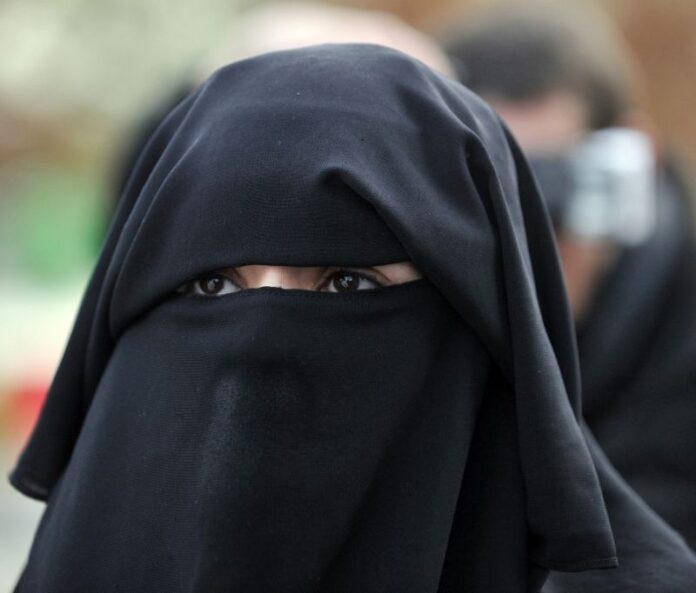The hijab is now prohibited for both students and instructors in Kazakhstan’s schools. They contend that this is required to preserve a secular state. However, this choice has generated heated debate across the nation.
There is a discussion over the hijab prohibition in schools in Kazakhstan.
The government makes the case that this regulation is crucial to upholding a secular state.
Nearly 70% of Kazakhstan’s population, according to government data, is Muslim. As a secular nation, supporters of the ban argue that Kazakhstan should not support any one religion.
However, a lot of individuals are against this prohibition because they feel it violates their right to conscience freedom. Some protesters have even gone to extremes.
For instance, 150 or more girls have left school in one area since September as a result of the restriction.
Two males attacked a school administrator in another location because she forbade girls wearing hijabs from attending courses.
Kassym-Jomart Tokayev, the president of Kazakhstan, justified the ban while reiterating that his country is and will remain secular.
He claimed that while religion is a matter of personal choice, schools are places to learn.
He feels that youngsters should make their own religious decisions as they get older.
Some schoolgirls have planned rallies on social media in reaction to the prohibition. In addition to seeking the freedom to wear the hijab, they are destroying their textbooks.
According to them, they won’t exchange their hijab for anything.
.
Prominent women have joined the protest and posted images of themselves on social media wearing hijabs.
One opponent of the restriction asserted that it is unlawful, pointing out that females in Kazakhstan have been donning the hijab since they were 13 years old.
It doesn’t, in her opinion, have a religious overtone.
She said that the prohibition prohibits Muslim females from participating in secular life and that the law provides the right to an education.
She argued that, as they impede personal identity, only fully-covering clothes like the niqab, veil, and burqa should be outlawed.
The Spiritual Administration of Muslims of Kazakhstan has recommended that females who prefer to wear hijabs enroll at madrasas (Muslim educational institutions) beginning in the tenth grade in order to solve this issue.
This concept is viewed as a potential remedy to let females wear the hijab and pursue an education at the same time.
All educational institutions in Kazakhstan are subject to the prohibition, and the administration has not yet voiced any opposition.






